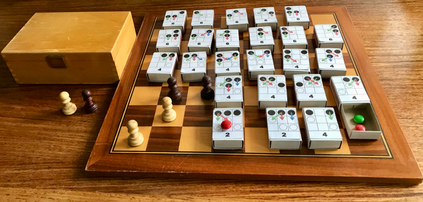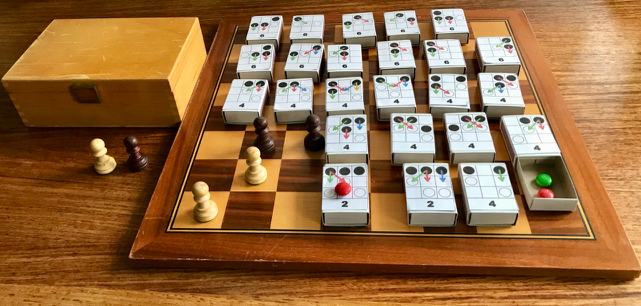Artificial intelligence is considered as a key technology. It has a huge impact on our society. Besides many positive effects, there are also some negative effects or threats. Some of these threats to society are well-known, e.g., weapons or killer robots. But there are also threats that are ignored. These unknown-knowns or blind spots affect privacy, and facilitate manipulation and mistaken identities. We cannot trust data, audio, video, and identities any more. Democracies are able to cope with known threats, the known-knowns. Transforming unknown-knowns to known-knowns is one important cornerstone of resilient societies. An AI-resilient society is able to transform threats caused by new AI tecchnologies such as generative adversarial networks. Resilience can be seen as a positive adaptation of these threats. We propose three strategies how this adaptation can be achieved: awareness, agreements, and red flags. This article accompanies the TEDx talk "Why we urgently need an AI-resilient society", see https://youtu.be/f6c2ngp7rqY.
翻译:人工智能被视为一种关键技术,对我们的社会具有巨大影响。除了许多积极影响外,还存在一些负面效应或威胁。一些对社会的威胁是众所周知的,例如武器或杀手机器人。但也有一些威胁被忽视。这些未知或盲点影响隐私,便利操纵和错误身份。我们再也不能相信数据、音频、视频和身份。民主政体能够应对已知的威胁,已知的已知人物。改变已知未知人物的未知人物是具有复原力的社会的重要基石。一个具有免疫机能的社会能够改变由新型人工智能特质(如基因对抗网络)造成的威胁。复原力可以被视为对这些威胁的一种积极适应。我们建议了三种战略,即:意识、协议和红旗。这篇文章与TEDx的演讲“为什么我们迫切需要一个AI-Relient社会”相对应,见https://yotu.be/f6c2ngp7rqY。










